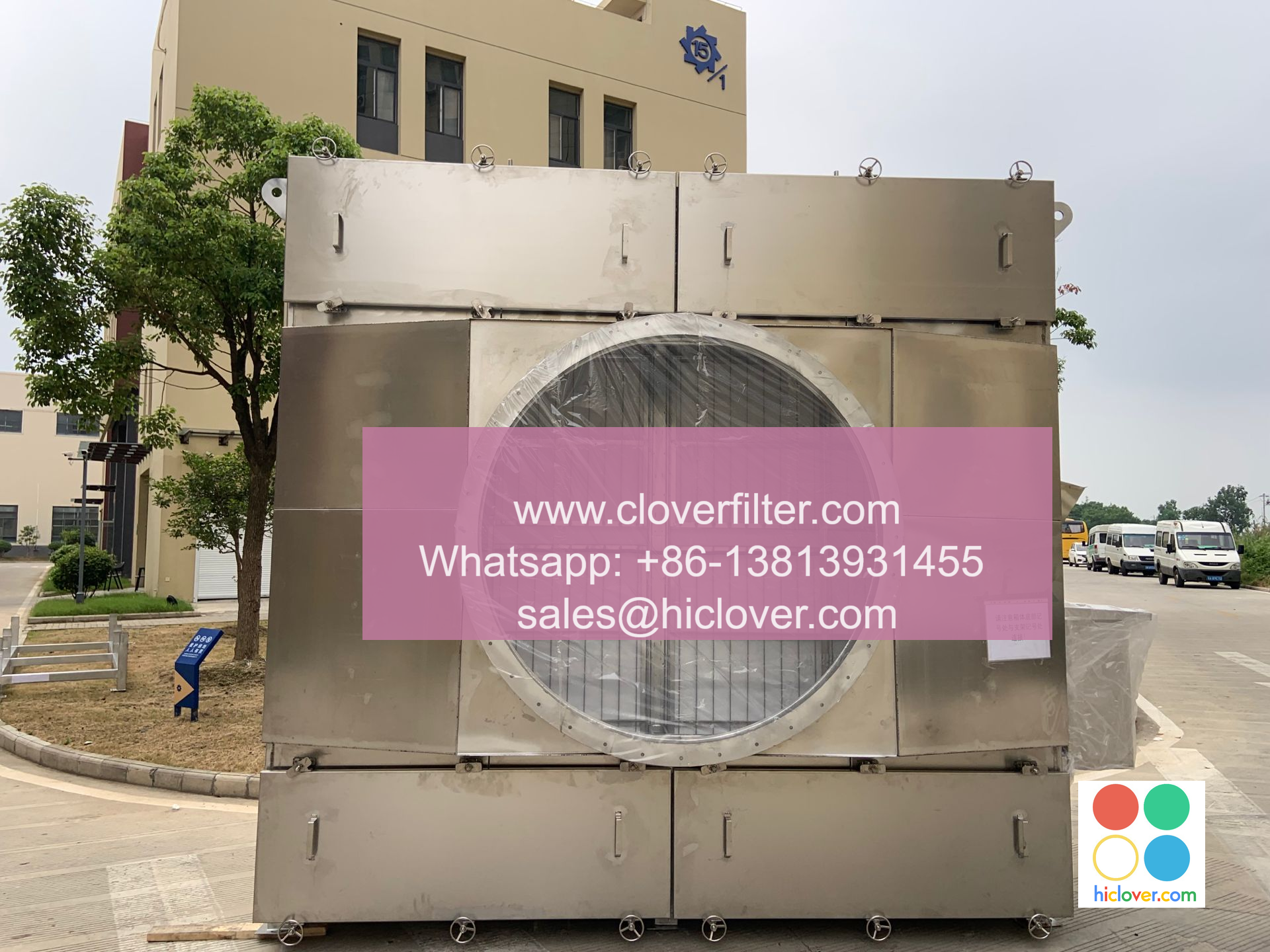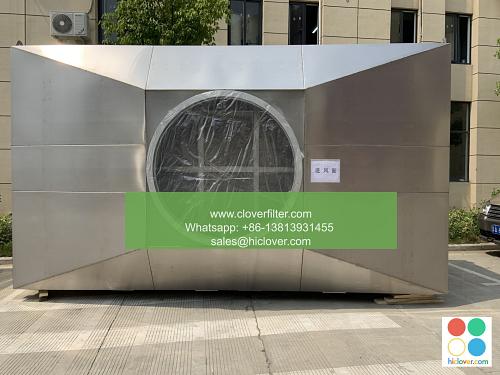Air Filter Design for Industrial Vacuum Systems for Industrial Applications

Industrial vacuum systems play a crucial role in maintaining a clean and safe working environment in various industries, including manufacturing, pharmaceutical, and food processing. A critical component of these systems is the air filter, which is responsible for capturing dust, debris, and other contaminants that can compromise the system’s performance and the quality of the air. In this article, we will delve into the importance of air filter design for industrial vacuum systems, highlighting various application areas and key considerations for optimal performance.
Importance of Air Filter Design in Industrial Vacuum Systems
The design of air filters for industrial vacuum systems is a complex process that requires careful consideration of several factors, including the type and amount of contaminants, airflow rates, and system pressure. A well-designed air filter can significantly impact the efficiency and productivity of the vacuum system, as well as the overall quality of the air in the working environment. Some of the key benefits of a well-designed air filter include:
* Improved indoor air quality (IAQ) and reduced risk of airborne contaminants
* Enhanced system performance and productivity
* Reduced maintenance and operating costs
* Increased filter lifespan and reduced replacement frequency
Key Considerations for Air Filter Design
When designing air filters for industrial vacuum systems, several key considerations must be taken into account, including:
* Filtration Efficiency: The ability of the filter to capture contaminants of a specific size and type, such as HEPA (High Efficiency Particulate Air) filters for 99.97% efficiency at 0.3 microns.
* Airflow Rate: The volume of air that the filter can handle, measured in cubic feet per minute (CFM) or liters per second (L/s).
* System Pressure: The pressure drop across the filter, which can impact system performance and energy consumption.
* Filter Media: The type of material used to construct the filter, such as paper, fabric, or membranes, which can affect filtration efficiency and durability.
* Filter Configuration: The shape and size of the filter, including the number and arrangement of pleats, which can impact airflow and filtration efficiency.
Application Areas for Industrial Vacuum Systems
Industrial vacuum systems with well-designed air filters can be applied in various industries and applications, including:
* Manufacturing and Production: Capturing dust, debris, and other contaminants in manufacturing facilities, such as woodshops, metal fabrication, and plastics production.
* Pharmaceutical and Biotechnology: Maintaining high levels of air purity and sterility in pharmaceutical and biotechnology facilities, including laboratories, cleanrooms, and production areas.
* Food Processing and Packaging: Preventing contamination and maintaining sanitation in food processing and packaging facilities, including bakeries, meat processing, and dairy production.
* Construction and Remediation: Capturing dust, debris, and other contaminants in construction and remediation projects, including asbestos abatement, lead paint removal, and demolition.
Advanced Air Filter Technologies
Recent advancements in air filter technology have led to the development of new and innovative filter designs, including:
* Nanofiber Filters: Using nanofibers to capture smaller particles and improve filtration efficiency.
* Electrostatic Filters: Using electrostatic charges to attract and capture particles, improving filtration efficiency and reducing pressure drop.
* Membrane Filters: Using membranes to capture particles and improve filtration efficiency, often used in pharmaceutical and biotechnology applications.
In conclusion, the design of air filters for industrial vacuum systems is a critical component of maintaining a clean and safe working environment in various industries. By considering key factors such as filtration efficiency, airflow rate, system pressure, filter media, and filter configuration, industrial vacuum systems can be optimized for peak performance and productivity. With the use of advanced air filter technologies and careful consideration of application areas, industrial vacuum systems can play a vital role in enhancing indoor air quality, reducing maintenance and operating costs, and improving overall efficiency and productivity. It seems like you forgot to include a prompt. Please go ahead and provide one, and I’ll do my best to assist you!

